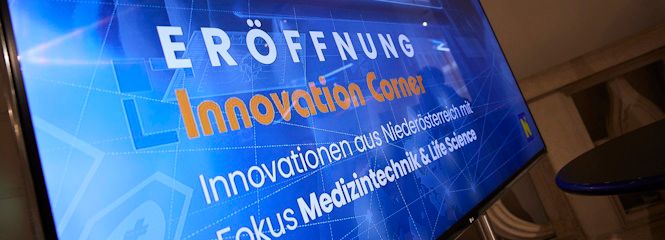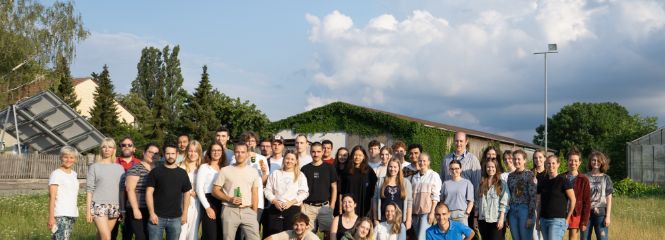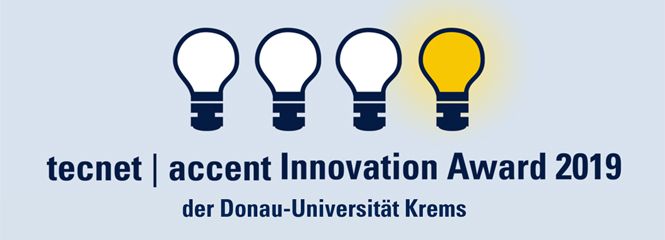Studium
Digitale Transformation in Management & Recht
PhD Technology, Innovation, and Cohesive Societies
NeuDoctor of Philosophy, 6 Semester
Zu Favoriten hinzufügen
IT, Projekt- & Prozessmanagement, Strategie, Innovation & Marketing
Strategisches Innovationsmanagement
Universitätsteilnahmezertifikat, 1 Tag
Zu Favoriten hinzufügen
News & Presse
Mehr laden
von
Veranstaltungen
Personen








